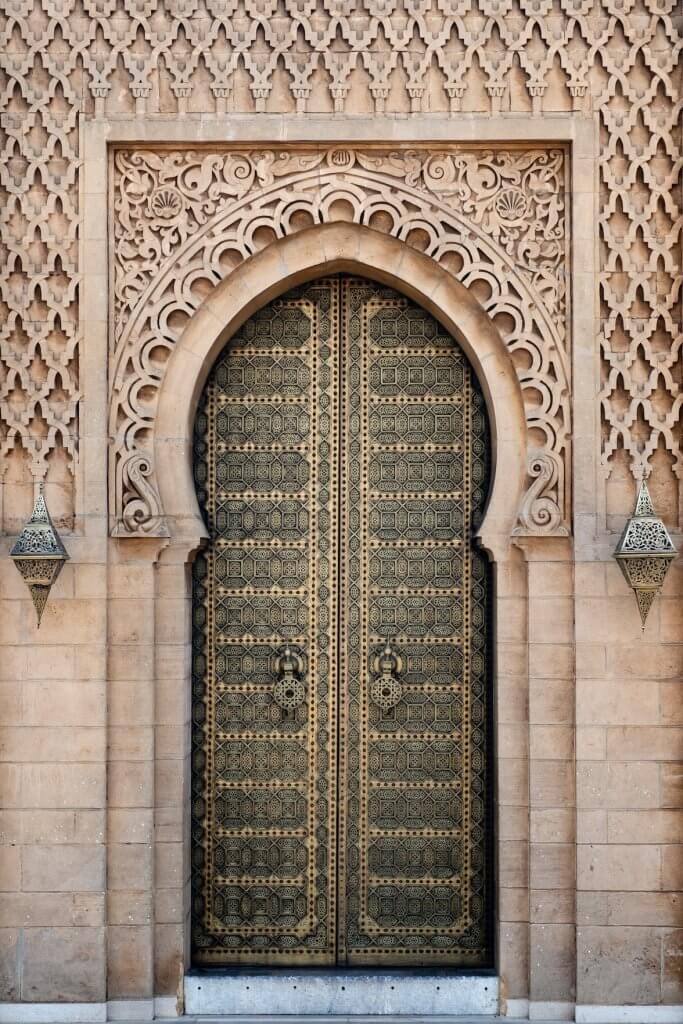ACLU Initiates Legal Action Over Rejection of Site Plan for Mosque
November 30th, 2021

The American Civil Liberties Union recently launched a federal lawsuit against the City of Horn Lake, Mississippi, after it rejected a proposed mosque. The lawsuit claims that the city and board of aldermen of Horn lake discriminated against two Muslim individuals by denying approval of a site plan for a mosque that the men had submitted.
The Basis of the Mosque Lawsuit
The lawsuit, which names Horn Lake’s Mayor Allen Latimer, claims that the city violated the Religious Land Use and Institutionalized Persons Act as well as the First Amendment when it denied zoning approval for a proposed mosque. Like a church is to those of Christian faith and a synagogue is to Jewish individuals, a mosque is an equivalent center of religion for those of Muslim faith.
Horn Lake currently has 13 churches, and it is part of DeSoto County, which has 132 churches. No mosques exist in either Horn Lake or the larger DeSoto County. The lawsuit states that without a center of religion, Muslim individuals in the area cannot practice their religion as they would like and cannot practice the faith completely.
In April 2021, Horn Lake’s board of aldermen gathered and voted 5-1 to uphold the decision by Horn Lake’s city planning commission to deny approval of the mosque plan site. The denial occurred even though the mosque site either met or exceeded all requirements to be built. The denial also occurred even though the property where the location was proposed was zoned for a “house of worship.”
The aldermen claimed they opposed the building due to insufficient water mains for fire sprinklers and due to the concern that the building would violate the noise ordinance. The aldermen also claimed that the building would create a traffic hazard. The lawsuit claims that the board’s stated reasons for denying the site were pretextual.
The Law Behind the Dispute
The Religious Land Use and Institutionalized Persons Act (RLUIPA) has led to lawsuits initiated by the Department of Justice. RLUPA states that no government shall institute a regulation addressing land use in such a way that substantially burdens a person’s religious exercise, including either religious assembly or institution. An exception exists if the government can demonstrate a compelling governmental interest in the regulation. For an exception to apply, the government must also demonstrate that no less-burdensome method of satisfying the interest exists.
The lawsuit argues that each element of RLUIPA was violated by the aldermen when they denied the permit to construct the mosque. The lawsuit also alleges that what should have been an uncomplicated approval of the site plan became a dispute. In May 2020, several legal experts also instructed the aldermen that this denial was a RLUIPA violation. These experts claimed that treating a mosque differently from dozens of other churches in the area is a RLUIPA violation.
The lawsuit also argues that denying the permit for the mosque is a First Amendment violation. In proving this point, the lawsuit focuses on some anti-Muslim statements made by aldermen when they denied the permit.
Tracking Religious Rights Cases
Religious rights are a complex area of law. While the most fundamental religious rights originate from the Constitution, the nuances of these rights have developed over hundreds of years of landmark Supreme Court cases. The Universal Life Church’s blog focuses on describing each side of the argument as well as describing these complex cases in a way that can be quickly understood by readers.


